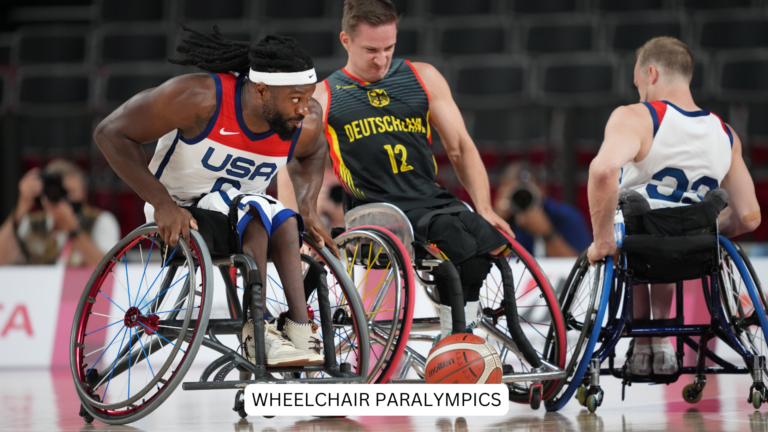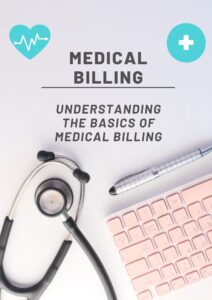The healthcare industry is a complex and ever-evolving landscape, and the financial aspects of patient care are no exception. Medical billing and coding play a crucial role in ensuring that healthcare providers are accurately reimbursed for their services, and that patients receive the coverage they deserve. Understanding these processes is essential for anyone working in the healthcare field, from physicians and nurses to administrators and insurance representatives.
Table of Contents
- 1 What is Medical Billing and Coding?
- 2 Why is Medical Billing and Coding Important?
- 3 The Role of Medical Billers and Coders
- 4 The Different Types of Medical Billing and Coding Systems
- 5 The Challenges of Medical Billing and Coding
- 6 Careers in Medical Billing and Coding
- 7 Becoming a Medical Biller or Coder
- 8 Resources for Medical Billers and Coders
What is Medical Billing and Coding?
Medical billing is the process of submitting claims to insurance companies for reimbursement of medical services provided to patients. Medical coding, on the other hand, is the translation of medical diagnoses and procedures into standardized codes. These codes are used by insurance companies to determine the amount of reimbursement that will be paid.
Why is Medical Billing and Coding Important?
Medical billing and coding are critical components of the healthcare revenue cycle. Accurate coding ensures that providers receive timely and appropriate reimbursement for their services. It also helps to prevent denials and delays in payment, which can have a significant impact on a healthcare organization’s financial health. Additionally, accurate coding can help to identify trends in patient care and improve the quality of healthcare services.
The Role of Medical Billers and Coders
Medical billers and coders are responsible for a variety of tasks, including:
- Reviewing medical records to identify diagnoses and procedures
- Assigning appropriate codes to diagnoses and procedures
- Preparing and submitting claims to insurance companies
- Following up on denied or delayed claims
- Maintaining patient accounts receivable
The Different Types of Medical Billing and Coding Systems
There are two main types of medical billing and coding systems:
- Prospective payment systems: These systems reimburse providers based on a fixed amount per patient, regardless of the services provided.
- Retrospective payment systems: These systems reimburse providers based on the actual cost of services provided to patients.
The Challenges of Medical Billing and Coding
Medical billing and coding can be a complex and challenging task. Some of the common challenges include:
- Keeping up with changes in coding regulations: The coding systems used in the healthcare industry are constantly evolving, and it is important for medical billers and coders to stay up-to-date on the latest changes.
- Ensuring accuracy: Mistakes in coding can lead to denials and delays in payment. It is important for medical billers and coders to pay close attention to detail and to double-check their work.
- Managing the volume of work: Medical billers and coders often have to deal with a high volume of claims. This can be overwhelming, and it is important to have effective time management skills.
Careers in Medical Billing and Coding
Medical billing and coding is a growing field with many opportunities for employment. According to the U.S. Bureau of Labor Statistics, the employment of medical billers and coders is expected to grow by 9% from 2020 to 2030, much faster than the average for all occupations.
Becoming a Medical Biller or Coder
There are several ways to become a medical biller or coder. Some common options include:
- Completing a certificate or associate’s degree program in medical billing and coding: These programs provide students with the knowledge and skills they need to enter the workforce.
- Taking an online medical billing and coding course: These courses offer a flexible and affordable way to learn the basics of medical billing and coding.
- Obtaining certification from a professional organization: Several professional organizations offer certifications for medical billers and coders. These certifications can help employers identify qualified candidates.
Resources for Medical Billers and Coders
There are a number of resources available to help medical billers and coders, including:
- The American Association of Professional Coders (AAPC): The AAPC is a professional organization that provides education, certification, and networking opportunities for medical billers and coders.
- The American Medical Billing Association (AMBA): The AMBA is a professional organization that provides education, advocacy, and networking opportunities for medical billers.
- The Healthcare Financial Management Association (HFMA): The HFMA is a professional organization that provides education, networking, and resources for healthcare professionals.
Medical billing and coding are essential components of the healthcare industry. By understanding these processes and the challenges they present, healthcare professionals can help to ensure that their organizations are reimbursed accurately and efficiently.









